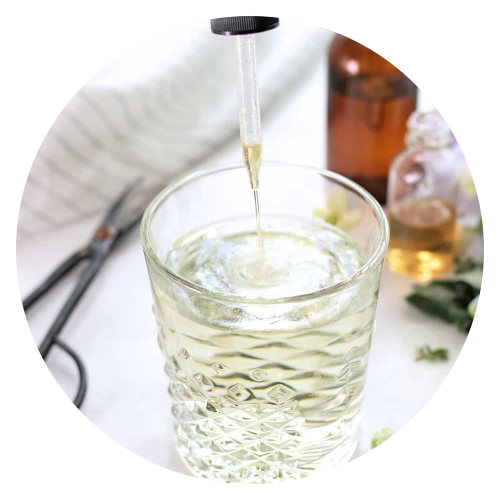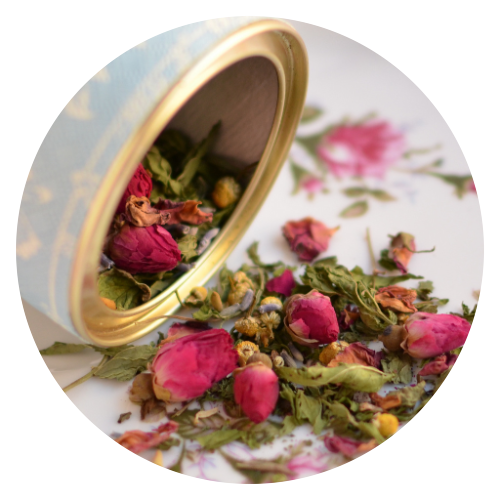The prostate gland is part of the male reproductive system, and is responsible for male sexual function and reproduction. One of its important roles is to squeeze fluid into the urethra as sperm move through during sexual climax. The prostate is walnut-shaped, located just below a man's bladder and starts to become active near puberty and then continues to grow. Symptoms of an enlarged prostate will often times show in men by the age of 40 but most frequently appear in men who are 60+.
This continued growth of the prostate is referred to as BPH, (Benign Prostatic Hyperplasia), and is the most common cause of problems surrounding the prostate. Studies show that 50% of men over the age of 50 have an enlarged prostate. If you are experiencing symptoms, always check with your doctor to rule out more serious medical conditions.
The three most common disorders are benign prostatic hyperplasia (BPH), a noncancerous enlargement of the prostate; prostatitis, an inflammatory infection (there are 4 types); and prostate cancer.
My Favorite Herbs for Prostate Health
Saw Palmetto: one the most studied and popular herbal supplements used to treat BPH. It works by shrinking the inner tissue layers of the prostate gland and by inhibiting the production of testosterone, as well as toning and strengthening the reproductive system.
Stinging Nettle: used to improve urogenital symptoms and conditions and is known to work well in combination with Saw Palmetto. It has been shown to inhibit the production of testosterone, as well as antioxidant and anti-inflammatory compounds.
Uva Ursi: has been a long time herbalist favorite for bladder and kidney ailments, and is effective in eliminating excessive bloating due to water retention. Cell culture research suggests that uva ursi possesses antibacterial & astringent properties, and is particularly effective against the types of bacteria that cause prostatitis (an inflammatory infection of the prostate), as well as urinary infections.
Horsetail: has been shown to effectively reverse the enlargement of the prostate and improve sexual function, and urinary flow.
Pipsissewa: contains urinary tract-specific compounds that have antiseptic, bacteriostatic and astringent activities (all of which inhibit infections from taking place in the urinary tract and prostate gland). It’s also been shown to improve overall bladder health and strengthen urinary flow.
Cleavers: studies have shown its considerable effectiveness for urinary secretion and the obstruction of the urinary organs.
Pumpkin Seed Powder: is rich in carotenoids, including lutein, carotene, and beta-carotene. Pumpkin seeds contain an enzyme that helps improve fatty acid metabolism in the prostate gland and its been shown to improve bladder and urinary tract function by improving flow and reducing the amount of urine left in the bladder after urination, thereby alleviating some benign prostatic hypertrophy (BPH) symptoms. Pumpkin seeds also inhibit the conversion of testosterone to dihydrotestosterone, which is responsible for the enlargement of the prostate gland, and is used in the treatment of inflamed bladder and irritable bladder.
The Benefits of Caring for Your Prostate
- Soothe the prostate gland
- help flush out irritating residues
- reduce swelling or inflammation
- improve urine flow & stream
- reduce urgency or frequent urination
- cleanse urinary tract
- improve sexual function
Other Things to Add to Your Diet
Acai: contains besides beta-sitosterol; anthocyanins and proanthocyanidins. These last two are strong antioxidants
Coffee: According to research, for the men who drank the most coffee, the risk of getting the most deadly form of prostate cancer was about 60 percent lower.
Turmeric: has prostate cancer–protective activity, as well as being a powerful anti-inflammatory,
Garlic: has been shown to significantly improve urinary function, such as enhanced urinary flow and decreased urinary frequency.
Papaya: is rich in antioxidants, vitamin A, vitamin C, vitamin E, cartenoids and flavonoids, and prevents prostate cancer and enlargement.



